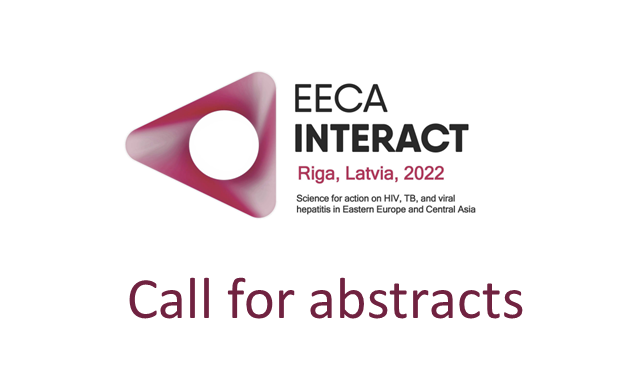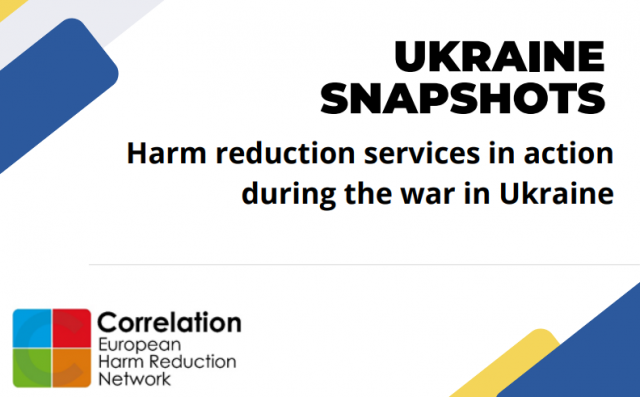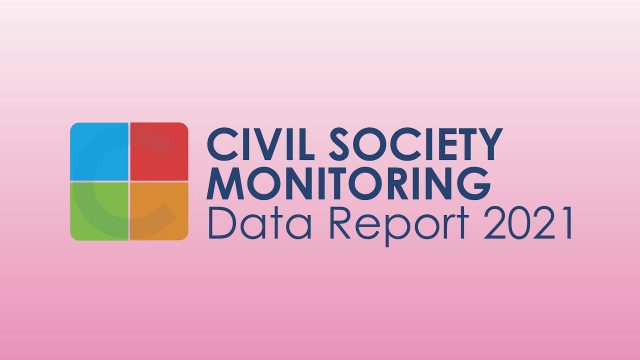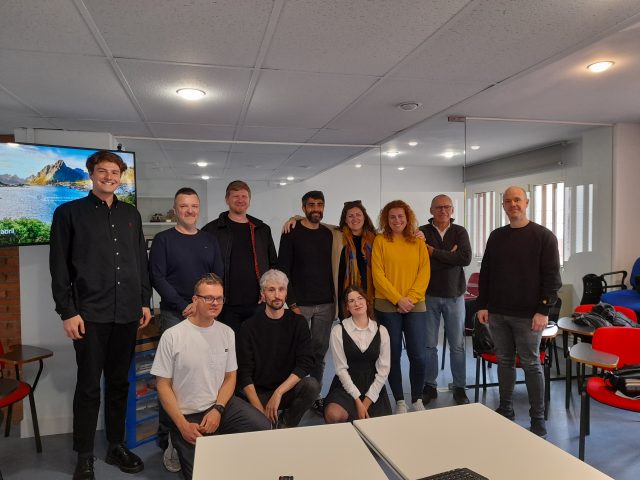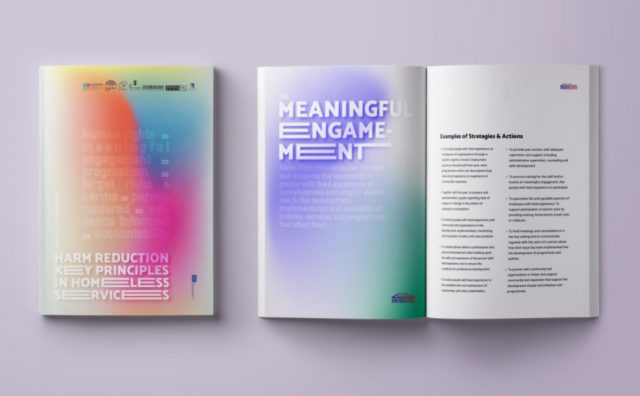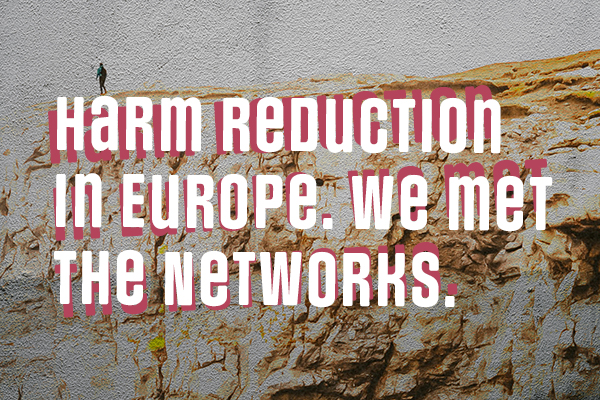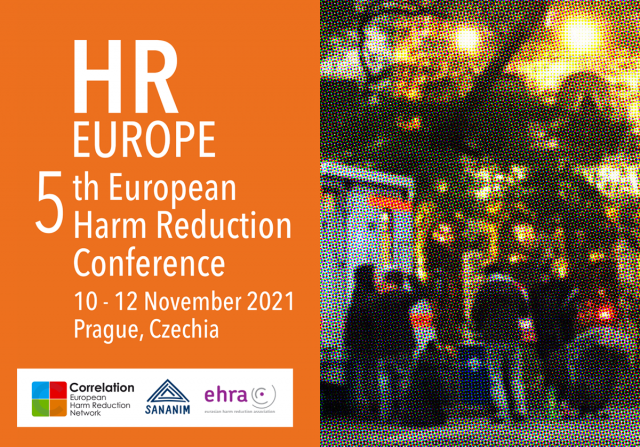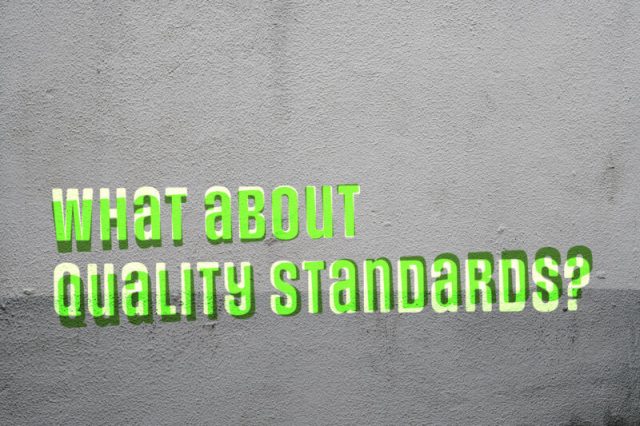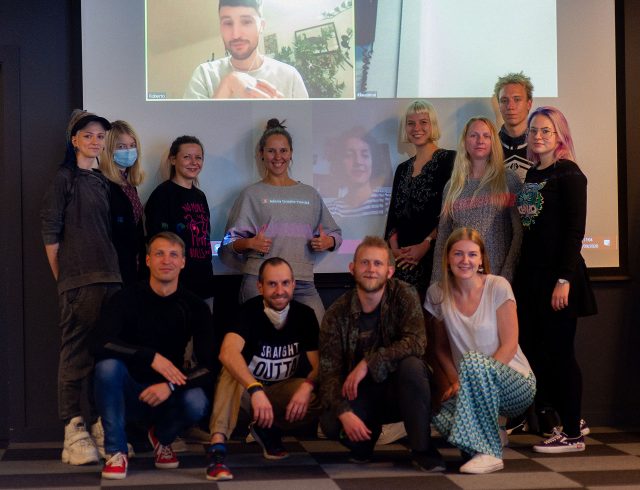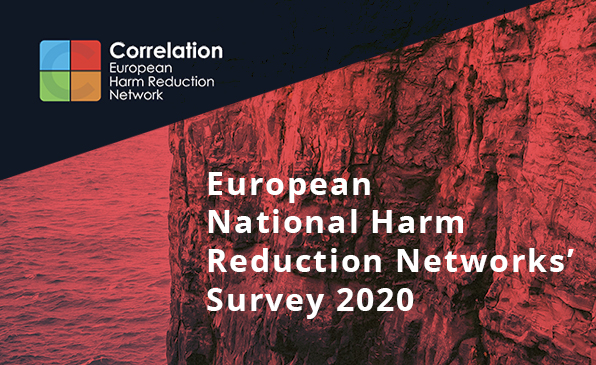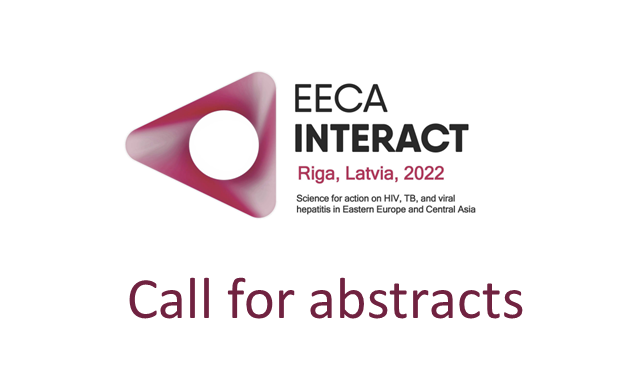
The third scientific workshop on HIV, Hepatitis C and Tuberculosis in Eastern Europe and Central Asia – EECA INTERACT 2022 – will be held on 13-14 December in Riga, Latvia.
EECA INTERACT 2022 will bring together scientists, clinicians, members of civil society, and government officials to tackle topics facing individual countries while building capacity and strengthening research and clinical networks.
Researchers from Eastern and Central Europe, Balkans, Central Asia, and the Baltics are encouraged to submit abstracts for peer review. There are a limited number of scholarships for the highest scoring abstract presenters to attend the INTERACT workshop in person.
We invite researchers to submit abstracts on of the following topics:
Health & science
- Epidemiology, including surveillance and data collection
- Antiretroviral treatment and HIV care
- Access to diagnostics, medicines, and medical products
- Basic science and HIV cure, vaccines, and monoclonal antibodies
- HIV co-infections, including hepatitis, tuberculosis, sexually transmitted infections, and (re)emerging pathogens
- HIV and co-morbidities
- Laboratory monitoring/diagnostics
- HIV prevention
- New PrEP technologies and PrEP rollout
- Paediatrics and prevention of mother-to-child transmission (PMTCT)
- Implementation science,
- Financing, cost-effectiveness, and impact modelling
- Information technology innovations for HIV (MHealth, electronic records, social media)
Society
- Community/civil society/stakeholder engagement
- Community-based participatory research
- Innovative approaches to priority populations that are at risk and underserved
- Socio-behavioural research
- Women and HIV
- Stigma and discrimination
- Regulatory, ethical, and research conduct challenges
Policy
- Structural determinants of HIV vulnerability
- Health systems strengthening
- Knowledge translation to policy and programming
The online application will be open from 5 August to September 25. Submit your abstract via this form https://eeca-interact.org/submit-abstract/.
There are a limited number of scholarships. Information is available on request via info@eeca-interact.org.
EECA Interact 2022 is organized by AFEW International and the Amsterdam Institute for Global Health & Development (AIGHD).

